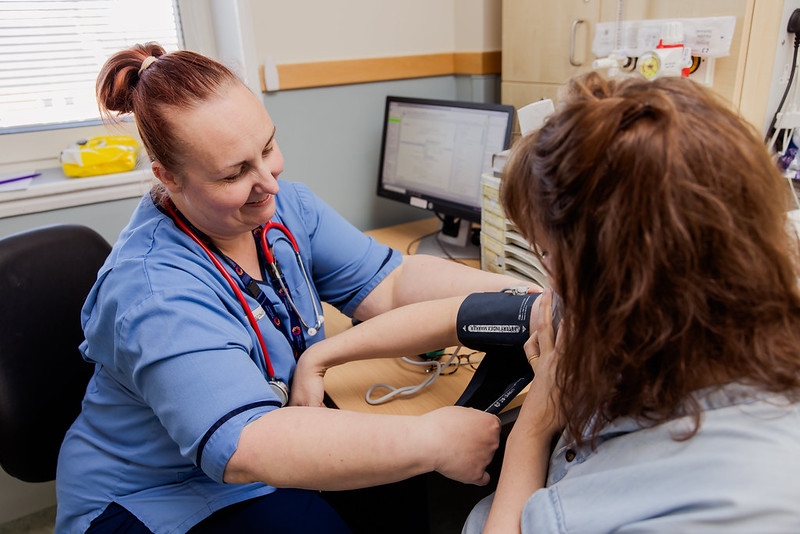RCM Public Affairs Adviser Stuart Bonar gives early analysis of Lord Darzi’s independent investigation of the NHS in England – and all our hopes for a future silver lining.
Today’s report from Lord Darzi following his Independent Investigation of the National Health Service in England makes for grim and sobering reading. The NHS surgeon and former health minister does not pull his punches, writing in robust, plain English. He says, for example, that A&E is “in an awful state”, and that the NHS overall is in a “critical condition” and in “serious trouble”.
His diagnosis of the ‘big picture’ is right, of course. As part of a long list, Darzi writes about the negative impact on services of operating from outdated buildings unfit for today. He cites the damage done by years of austerity, with budgets held down and even raided to be used elsewhere. He blames too the mammoth NHS reorganisation in the early 2010s that turned the service upside down.
In short, the report confirms many of the warnings the RCM and others have been making for years now.
Many of his proposed fixes are right too. For example, putting more emphasis on preventing ill-health and diagnosing health problems earlier. Maternity care has so much to offer on this, with midwives and maternity support workers (MSWs) able to spot health problems and potential future problems in women many years before they will have done irreversible damage to their health. Helping pregnant women who smoke to quit the habit is just one example of this; far better a woman quits smoking in, say, her thirties – with the help of a midwife or MSW – than in her fifties or sixties, after a heart attack or stroke.
And, of course, helping a mother get her newborn off to the right start is the biggest possible act of preventative healthcare.
Maternity care and the work that midwives and MSWs do should be right at the very heart of improving the nation’s health. That is, for us, one of the key takeaways from this report.
Darzi’s report rightly identifies the increasing complexity of the work our maternity services do, with pregnant women increasingly older than previously, and more likely too to have conditions like diabetes. Darzi rightly spotlights the unacceptable, persistent maternity mortality gap between Black women and white women, which the Labour manifesto committed the new Government to tackle as a priority. Put simply, eliminating that gap needs to be a national mission.
The report drops the ball, however, in not highlighting the need for more midwives. Midwives make up a shrinking proportion of the NHS workforce, and the RCM’s own survey of midwives and MSWs earlier this year found that in England they worked an estimated 118,000 hours’ unpaid overtime in a single week. It is crystal clear that the service is short-staffed and needs more midwives.
But we are optimistic and hopeful that that the new Government gets it. After all, not only did maternity improvement feature in Labour’s manifesto, but the new Secretary of State Wes Streeting told MPs in July that maternity safety was “top of the list” of things that “keep me awake at night”.
Lord Darzi has provided his understandably gloomy diagnosis of the state of England’s NHS, as it stands today. It is now up to the Government to write the plan and prescription for what’s next. Its 10-year plan for the NHS is slated for publication in the spring, so between now and then there is a lot of work for us to do to make sure that the vital role maternity services could play in transforming the NHS features in that plan.


